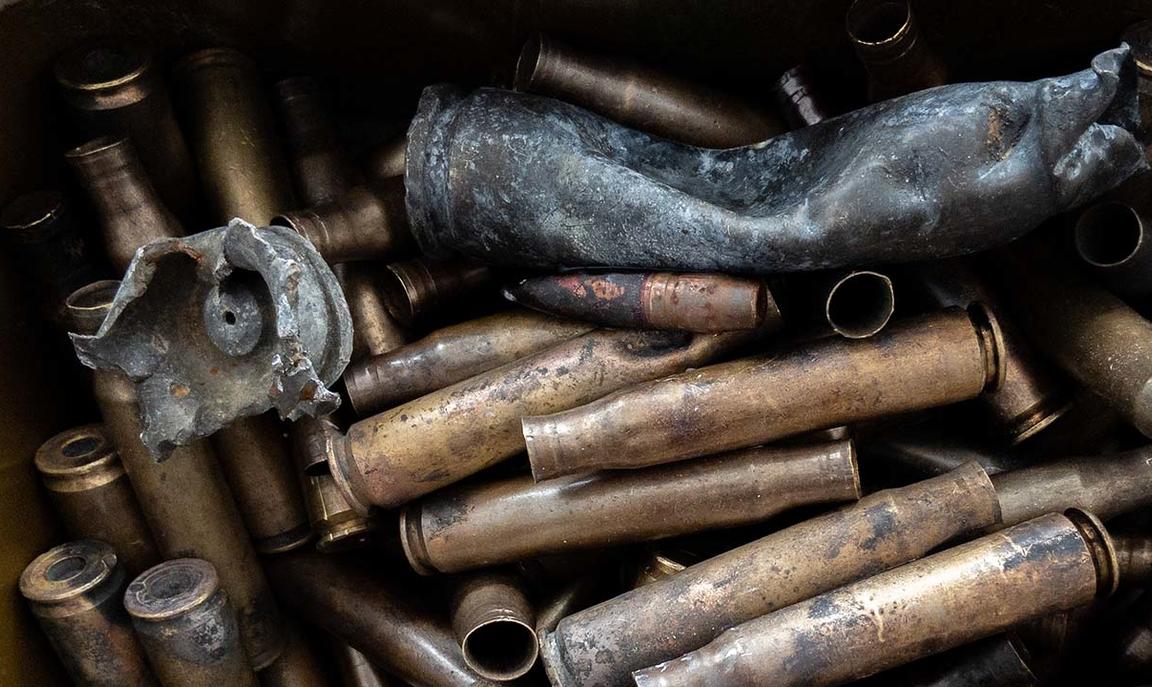Andreas Heinemann-Grüder

Hardly any war has ever been fought exclusively with regular soldiers. Notwithstanding this truism, the increasing prominence of state-sponsored armed and mercenary groups has notably expanded the repertoire of contemporary warfare: over the past decade such groups have been deployed both in support of regular armed forces and as shadow armies in conflict theatres from Ukraine to Mozambique. Apart from their flexibility and relative cost efficiency, the prime benefits of these groups derive from the fact that they provide plausible deniability for state actions, exercise an unconstrained licence to kill, and escape the restrictions of the jus ad bellum and jus in bello principles under international law. Even in the case of serious violations of humanitarian and human rights law, they can rarely be held accountable.
Violent conflicts always provide ample opportunities for enrichment, exploitation and the exercise of covert influence. In these contexts, mercenary and irregular armed groups are frequently deployed either on behalf of states or with their tacit permission. Thus, while states outsource the organisation and conduct of violence, they remain the main contractors of such groups (1), rendering the designation of ‘private military company’ (PMC) something of a misnomer. Moreover, while PMCs often pursue commercial interests, their missions, resources and protection from prosecution usually derive from
Commercial companies seldom have the personnel and equipment to provide security beyond property protection. To an important extent, the key component of the PMC business model is the capability to undertake offensive combat operations. PMCs with combat units commit assault and homicide and often use weapons of war. None of this can be directly attributed to the contractor. PMCs recruit former intelligence officers, special forces, former police officers, pilots or security guards; some are highly specialised, while others offer a broad portfolio of skills. While PMCs’ activities encompass a wide range of sectors, the most significant field of activity is undoubtedly the provision of combatants or security forces as well as armaments.
This Brief explores the sphere in which Russia’s state-controlled irregular armed groups (2) operate and the scope of their activities, focusing in particular on the notorious Wagner Group and their impact on violent conflicts.
No comments:
Post a Comment